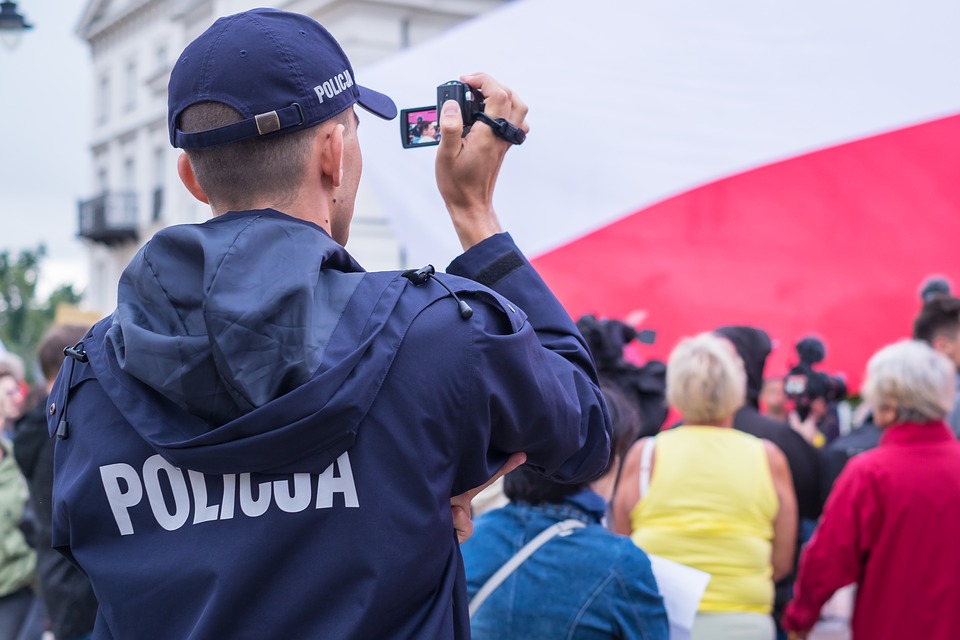
The UK Court of Appeal ruled the British law enforcement’s facial recognition usage is “unlawful”, in a landmark case being celebrated by human rights campaigners this week.
Judges stated that South Wales Police breached privacy rights, data protection laws and equality laws on Tuesday, following a legal challenge brought by civil rights group Liberty.
The use of automated facial recognition technology was assumed on a trial basis by the South Wales Police in 2017, when a system called AFR Locate was deployed at several dozen major events such as football matches. Police matches scan against watchlists of known individuals to identify wanted persons, had open warrants against them, or were in some way or another ‘persons of interest’.
The Court of Appeal judgment stated that South Wales Police had never sought to investigate that the software being used "does not have an unacceptable bias on grounds of race or sex.”